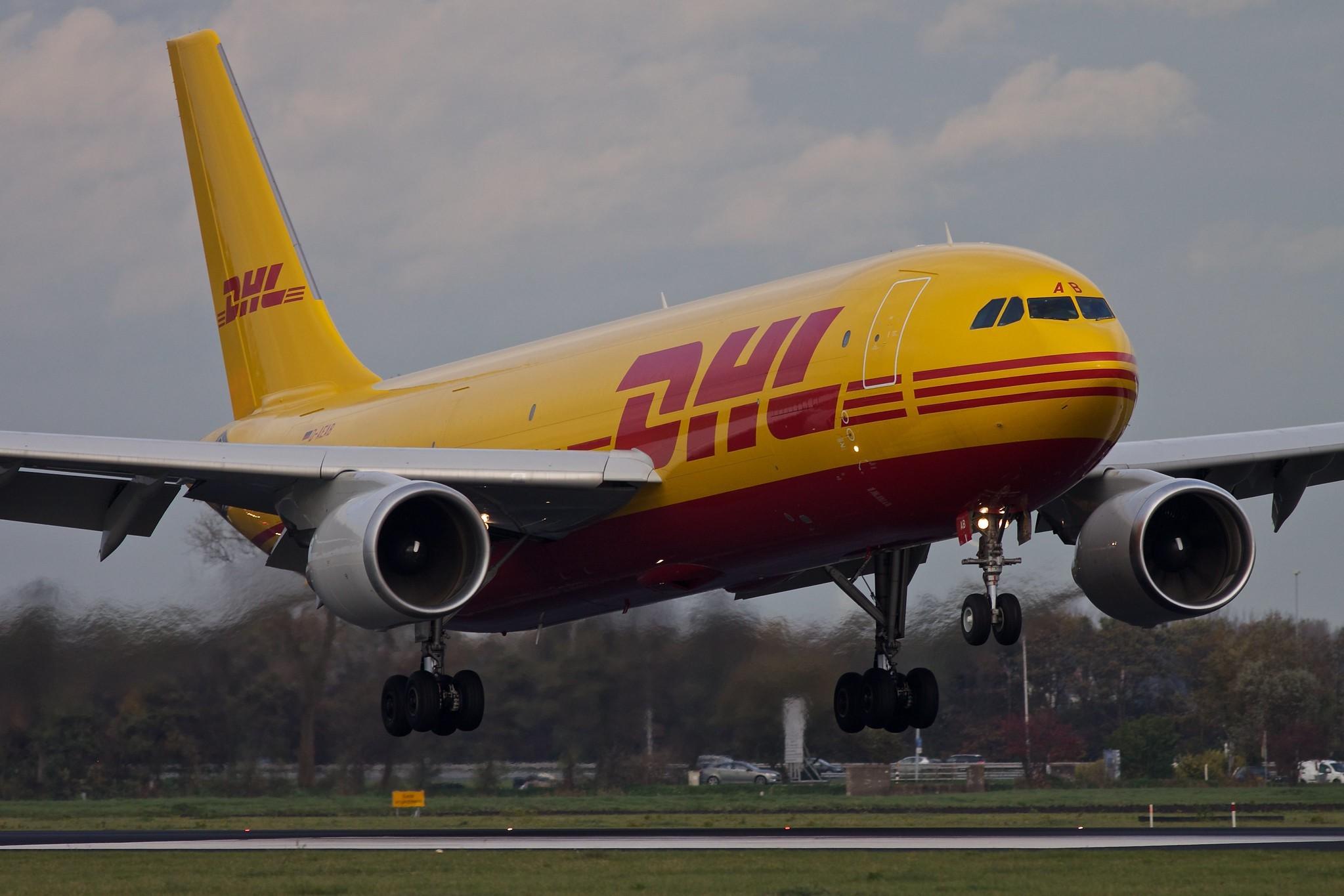Services are essential too! Identifying the missing link in trade policy proposals during the pandemic

Considerable discussion has been carried out over the past 18 months on how to most effectively address the COVID-19 health pandemic in an international context, particularly the critical role of trade in providing the necessary channels for moving essential medical equipment, vaccines and therapeutics, across borders. Several proposals have been submitted to the WTO on how trade policy can best respond to the COVID-19 crisis.
However, almost none of these numerous proposals have mentioned the critical role that services play in moving essential goods across borders. There is a striking difference between the focus on trade in goods and the absence of attention on the necessary role of services in allowing these goods to reach their destination.
Most of the discussion that has taken place at the WTO over the past 18 months has focused on proposals to adopt a temporary waiver from the TRIPS Agreement that would allow for the production of generic COVID-19 health products outside of normal patent obligations. More recent proposals have called for a WTO Trade and Health Initiative and for the creation of a WTO Committee on Trade and Health. The recent proposals by several WTO members to the WTO General Council have been submitted with the purpose of crafting a Declaration as well as a Work Program or Action Plan for the WTO to pursue in addressing the pandemic. These proposals will be negotiated for finalization at the coming Ministerial Council meeting (MC12). However, only a few of these recent submissions mentions or highlights the vital role of services in facilitating the movement of trade in essential goods. Of the 82 proposals that have been submitted to date to the WTO by its members related to the COVID-19 pandemic, less than a handful refer to services. Likewise, numerous sessions of the WTO Council were held to discuss the importance of maintaining open borders to allow for the free flow of essential medical items used by health care responders in combating the pandemic and to notify the WTO of COVID-19 related trade measures. However, little to no discussion took place on the need for maintaining open borders on accompanying essential services. This is a big oversight that needs to be redressed by WTO members in their deliberations leading up to MC12 so that the response to the COVID-19 pandemic can be met in a holistic and effective manner.
One striking example of a region that has sought to remedy this oversight and has acted to acknowledge the importance of the role of services in dealing with the health pandemic is that of APEC. The 21 economies in the Asia Pacific Economic Cooperation grouping stand out through their endorsement of a Statement on “Services to Facilitate Trade in Essential Goods” as part of the outcome of the APEC Ministers Responsible for Trade meeting in June 2021. This followed upon an APEC Trade Ministerial Declaration a year earlier which encouraged a collective response by APEC members to allow borders to remain open to the flow of essential goods during the period of the COVID-19 health crisis.
The 2020 Declaration committed APEC economies to expedite and facilitate the flow and transit of essential goods and to coordinate the border clearance of essential goods, consistent with their obligations under the WTO Agreement on Trade Facilitation, including the entry, transit and departure of air cargo containing essential medical supplies. The 2021 Statement goes a step further in recognizing that trade in essential goods would not be possible without the input of supporting services. This Ministerial decision puts APEC in the forefront of crafting an integrated and coherent response to the health pandemic, and establishes an important precedent for the WTO in its future consideration of this issue.
There are many reasons that would justify and even compel the inclusion of services in the adoption of WTO Declaration and future Work Program on Trade and Health. First and foremost, it is well known that the medical equipment, vaccines and testing supplies necessary to combating the health crisis cannot be successfully traded without the services that are essential to their cross-border delivery, together with the human skill needed to administer these. Without services in the form of ICT, transport, finance, logistics, telecommunications and medical personnel, the efforts to allow for imports and exports of goods and medical equipment necessary to combat the health crisis will be curtailed and less effective. A number of critical services sectors have kept the world’s economy afloat during the past 18 months, and will be needed in the future to support the international effort necessary to make sure that the pandemic is met with a coordinated and robust response.
Dr Sherry Stephenson, Convenor, Pacific Economic Cooperation Council (PECC) Services Network.
The views expressed here are the author’s, and may not necessarily represent the views of the Institute for International Trade.

This work is licensed under Commons Attribution-NonCommercial-NoDerivatives 4.0 International License.
IIT is a global leader in researching, analysing and commenting on International Trade.
Stay informed about our up-and-coming seminars, events, publications, awards, new projects and collaborations, and other exciting news.
